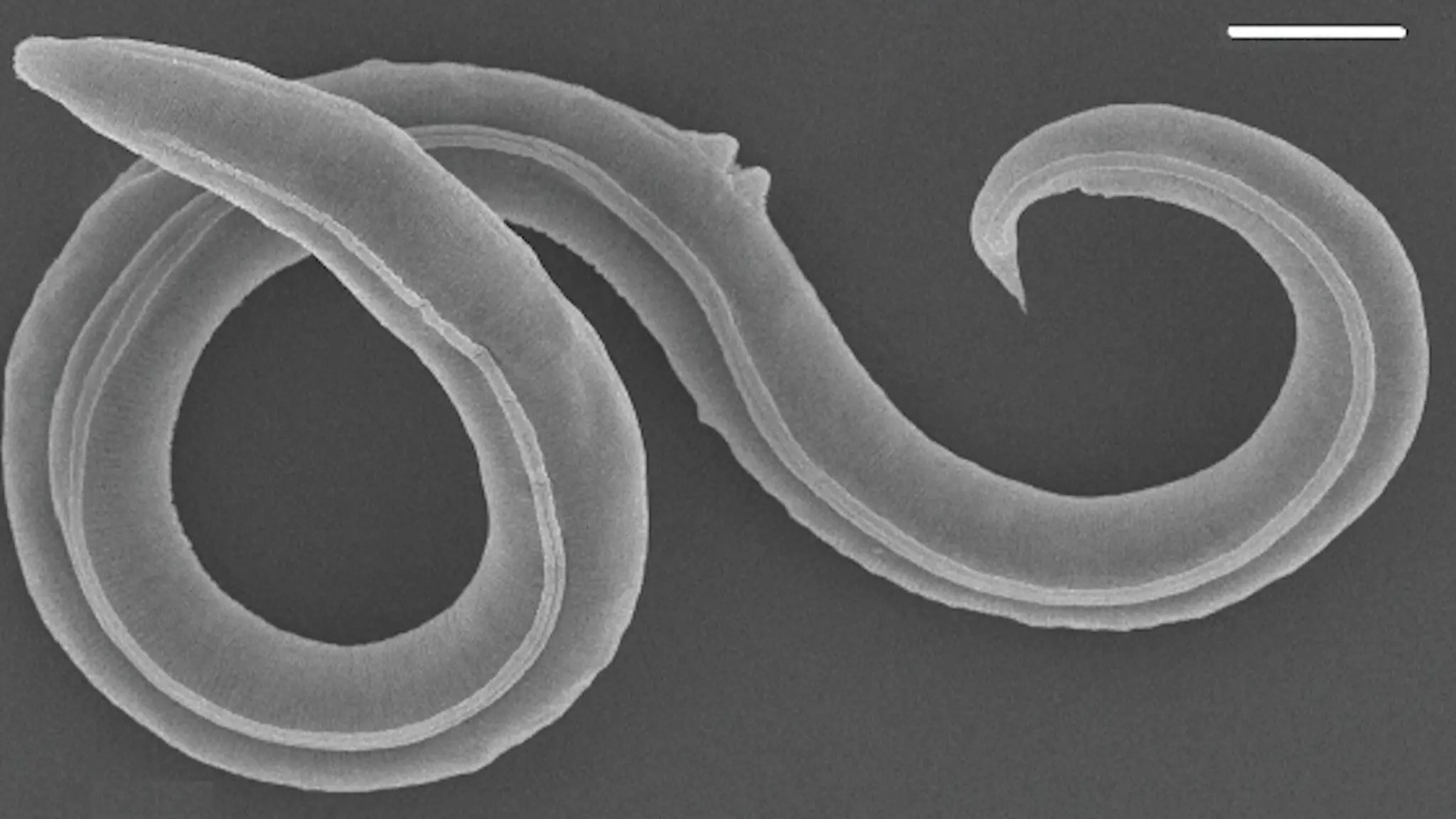
A boost for cryonics? After 46,000 years in Siberian permafrost, nematodes can revive
In a ground-breaking discovery published in the peer-reviewed journal PLOS Genetics, scientists have found that tiny roundworms, known as nematodes, can survive in a state of suspended animation for tens of thousands of years. The worms were thawed from Siberian permafrost, where they had been frozen for nearly 46,000 years. Remarkably, these millimetre-long creatures, called Panagrolaimus kolymaensis, were brought back to life by simply immersing them in water.
The study, led by Anastasia Shatilovich from the Institute of Physicochemical and Biological Problems in Soil Science RAS in Russia, sheds light on the worms’ ability to withstand extreme conditions for such extended periods. They owe this survival to a process known as cryptobiosis, during which their metabolism slows down to an almost undetectable level. This extraordinary discovery proves that life can be halted and then resumed seemingly indefinitely.
Radiocarbon dating revealed that the nematodes were frozen between 45,839 and 47,769 years ago during the late Pleistocene era. The worms were sent to Germany for further analysis, where researchers found crucial genes responsible for the cryptobiotic state. These same genes were present in another nematode species, Caenorhabditis elegans, which can also undergo cryptobiosis. The findings provide valuable insights into how these organisms adapt to extreme environmental conditions and could have implications for conservation strategies and ecosystem protection, especially during a time of global warming.
Nematodes are a key tool in ageing research, since they only live for about 20 days. It is much easier to study their life cycle than than in mammals.
There are scientists who believe that humans could live 1000 years. No doubt the 40,000-year-old roundworms will lead to speculations about the feasibility of cryonics, or freezing humans in order to revive them later on. “The major take-home message or summary of this discovery is that it is, in principle, possible to stop life for more or less an indefinite time and then restart it,” one researcher told the New York Times.
The Siberian permafrost has been a treasure trove for the scientific community, offering glimpses into the distant past through the resurrection of ancient viruses, mummified bodies, and microscopic organisms. However, concerns have arisen about unearthing ancient microorganisms amid the Covid pandemic, fearing potential risks to humanity. Nonetheless, the researchers assure that their studies are conducted under sterile, controlled conditions.
